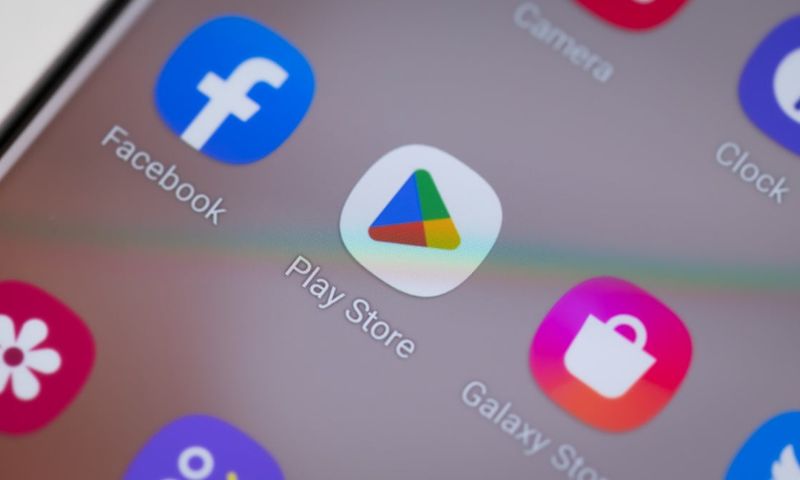NEW YORK: Google has announced plans to purge the Play Store of low-functioning and low-quality apps, setting August 31 as the deadline for their removal. The move comes as part of an update to Google’s Spam and Minimum Functionality policy aimed at elevating app standards and enhancing user experience, as reported by Forbes.
According to the updated policy, Google will target apps that do not offer specific functionalities or provide little content, such as static apps with minimal engagement or those designed without any useful purpose, including single-purpose wallpaper apps and non-functional applications.
The tech giant is increasing its quality threshold to address concerns that such apps can serve as conduits for malware or deceptive practices, undermining the overall trust and security of the Play Store ecosystem.
Even popular apps with significant install bases and legitimate low-quality apps may face removal if they fail to meet the new stringent criteria set by Google.
Developers are advised that apps must deliver a stable, responsive, and engaging user experience to remain on the Play Store. Apps that frequently crash, lack utility, or fail to engage users will not be tolerated under the updated guidelines.
These changes are part of broader efforts by Google to bolster Play Store security. Effective July 17, Google has implemented enhanced malware prevention measures, requiring developers to eliminate third-party code from known malware providers. Additionally, stricter rules have been introduced to combat spyware and enforce better app integrity.
Developers have been given a grace period of six weeks to review and update their apps to comply with the new standards before the mass removal begins on August 31.
Looking ahead, Google has outlined that Android 15, the forthcoming operating system update, will feature the most comprehensive privacy and security updates to date. Android 15 will introduce “live threat detection,” utilizing on-device artificial intelligence to monitor behavioral signals related to sensitive permissions and app interactions.


























